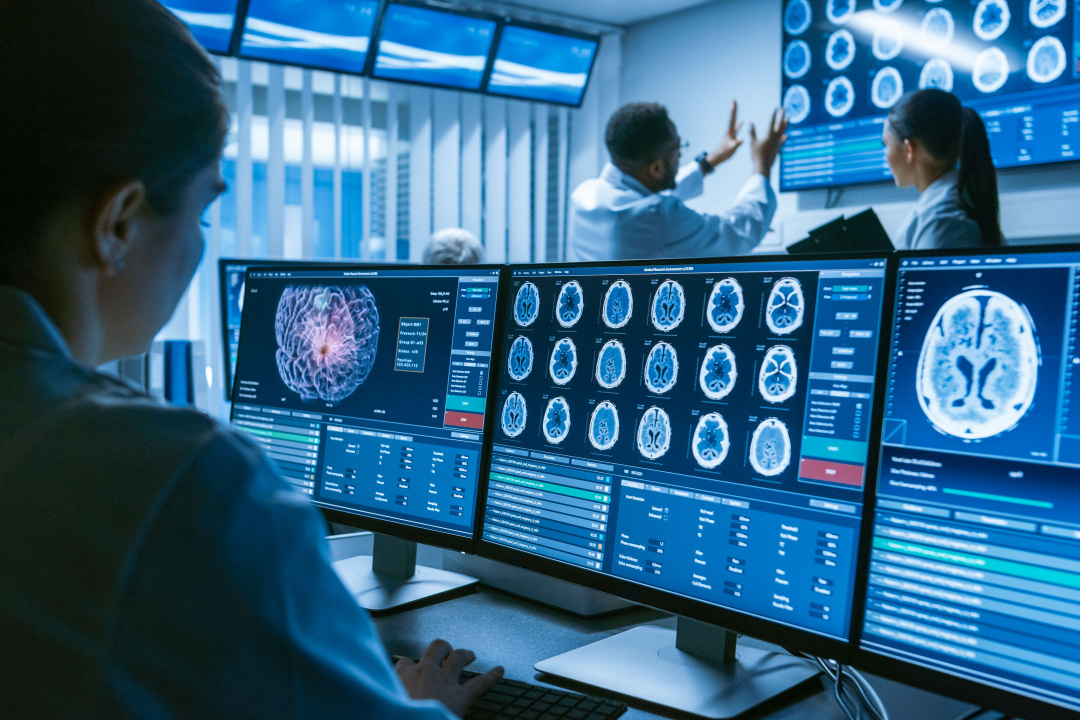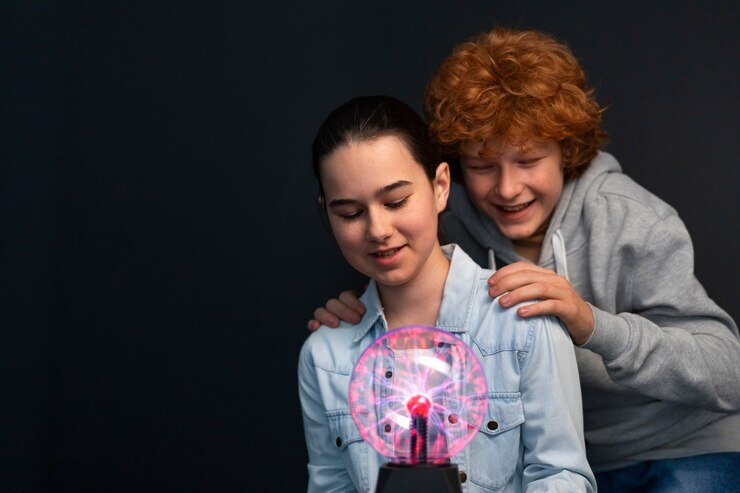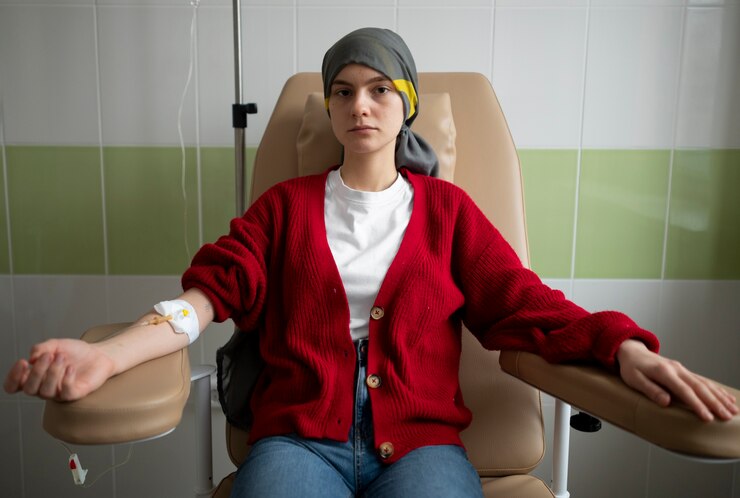The Best neurologists in Ludhiana are specialised to treat the problems concerned with the brain and the nervous system. These cannot treat the problems with surgical intervention but they are also the ones who decide whether the treatment of the particular problem requires expert care or not.
People are usually confused with the roles of the neurologist and the neurosurgeon in Punjab. The only big difference between the role of the neurologist and the neurosurgeon is that the neurologist can not aim to treat the problem with surgical intervention but a neurosurgeon is specialised in treating the problems with the surgeries.
What are the ideal qualifications of a neurologist?
A neurologist is specialises to having a college degree. And along with that, they have to spend a good 4 years in medical school and 1 year in the internship. They have to spend 3 years of special training in neurology as well
What is the treatment sphere of a neurologist?
There are some of the conditions which a neurologist can treat and those are as follow:
- Alzheimer’s disease
- Amyotrophic lateral sclerosis
- Headaches
- Epilepsy
- Parkinson’s disease
- Peripheral neuropathy
- Pinched nerves
- Multiple sclerosis
- Tremors
- Back pain
- Brain and spinal cord injury or infection
- Brain tumour
- Seizures
- Stroke
What are the subspecialties of a neurologist?
Since neurology is the science that does not only deal with the brain, but the nervous system as well, the treatment sphere becomes even more vast as there are so many conditions that can be diagnosed and treated by a neurologist. Many people go to study for a specific subspecialty once their residency training is over.
The specialist tends to focus on the following:
- Headache medicine
- Sleep medicine
- Neuromuscular medicine
- Neurocritical care
- Neuro-oncology
- Geriatric neurology
- Autonomic disorders
- Vascular neurology
- Child neurology
- Interventional neuroradiology
- Epilepsy
How do neurologists examine your problems?
Whenever we visit a neurologist for the first time, they would talk about the medical history and the symptoms. Apart from that, you will have a special physical exam that does not only focus on the brain but the nerves for sure.
It is a neurologist that checks your following credentials:
- Mental status
- Speech
- Vision
- Strength
- Coordination
- Reflexes
- Sensation
A good idea about the diagnosis can be had from the examination. But the idea is not always enough. The patient will need to undergo several other tests to confirm whether the factor which they were thinking of as the cause of the problem is the same or not.
Which tests would I be required to undergo?
Based on the medical condition and the symptoms, it will be decided which of the following tests are to be performed on the patient:
- Blood or the Urine tests
- Imaging tests
- Electroencephalograph
- A Test to determine how well are the nerves and the muscles communicating
- The brain’s response to several things is measured:
- Hearing
- Vision
If there is a suspicion that you have a blood infection, then the small amount of the fluid is not only taken from your spine to ascertain if there is the presence of infection in the body or not.



